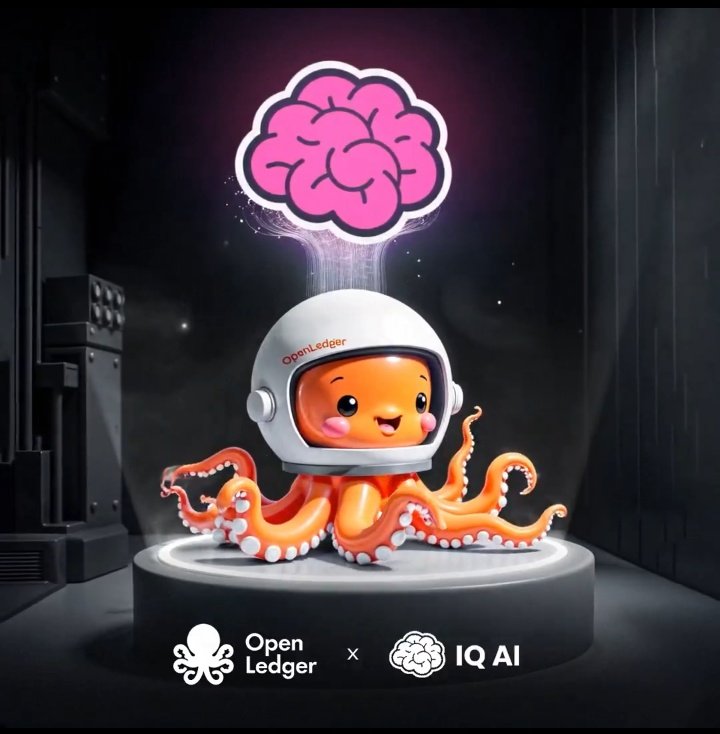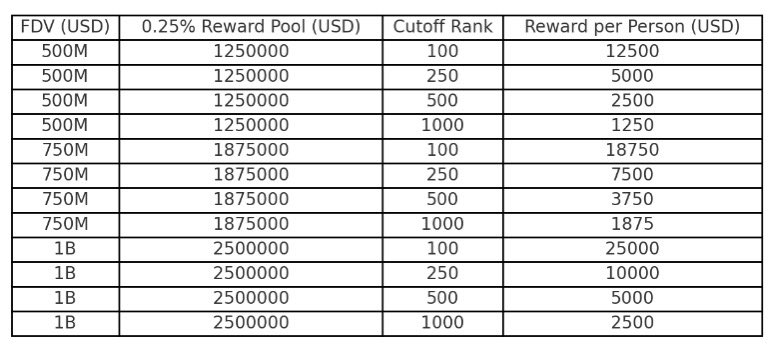The Evolving Impact of AI on Digital Economies and Human Experience
Grabbing Attention: Why AI Matters Now More Than Ever
Artificial Intelligence (AI) often seems like a distant concept—robots taking jobs or sci-fi fantasies—but its influence is already deeply woven into the fabric of daily life and global markets. As of mid-2020s, AI is no longer confined to labs or high-tech products; it’s shaping finance, creative industries, healthcare, and social interaction. Understanding this evolution helps us grasp not just technological progress but also the profound shifts in how economies operate and how humans engage with machines.
The Roots of AI: From Algorithms to Autonomous Agents
At its core, AI involves creating machines or software that can perform tasks typically requiring human intelligence. Early AI focused on rule-based systems, where predefined instructions dictated outcomes. Today’s breakthroughs come from machine learning and deep learning—fields where algorithms improve automatically through experience with data. This advancement has birthed intelligent agents capable of learning, decision-making, and adapting without explicit human intervention, transforming AI from tools into collaborators.
Notably, AI is no longer a monolith; it’s a constellation of techniques including natural language processing (NLP), computer vision, reinforcement learning, and generative models like GPT (including the one you’re hearing from now). These diverse capabilities allow AI to understand language, recognize patterns, make predictions, and even create novel content.
AI and the Digital Economy: Driving Efficiency and Innovation
One of the most visible intersections of AI with the digital world is in financial markets and decentralized finance (DeFi). AI agents today handle complex trading based on real-time data, adjusting strategies dynamically to optimize outcomes—essentially mimicking or surpassing human traders but at speeds and volumes impossible for people.
This shift reduces human error and emotional bias, but also raises questions about market stability and fairness. Since AI can rapidly detect and react to trends, it sometimes magnifies volatility when many agents act simultaneously. Nevertheless, this high-speed adaptability creates opportunities for sophisticated portfolio management and personalized investment approaches unheard of a decade ago.
Beyond finance, AI catalyzes innovation in non-fungible token (NFT) platforms and digital marketplaces. AI-driven analytics help buyers and sellers make informed decisions by evaluating trends, verifying authenticity, and even generating unique digital art. This enhances user experience, making complicated markets more accessible.
AI’s Role in Enhancing Everyday Life and Creativity
While headlines often focus on finance and industry, AI’s influence stretches into personal and creative realms. Language models assist in drafting emails, writing stories, and programming; image-generation tools empower artists with new styles and ideas; and AI-supported assistants organize schedules and provide personalized recommendations. AI is morphing from a mere tool into a creative partner, augmenting human capacity rather than replacing it.
Healthcare sees AI enabling better diagnostics through pattern recognition in images and patient data, improving disease prediction and personalized treatment plans. Smart home devices adapt to habits, creating increasingly intuitive environments. With these applications, AI enriches human experience by handling routine or complex tasks, freeing people to focus on more meaningful activities.
The Ethical Maze: Challenges in Transparency, Bias, and Control
Amidst progress, AI also surfaces significant ethical challenges. AI systems learn from data that often reflect societal biases, unintentionally perpetuating inequalities. Transparency is another hurdle; many AI models operate as “black boxes,” making their decisions difficult to interpret or contest.
Moreover, as AI’s autonomy grows, existing legal and moral frameworks struggle to keep pace. Questions about accountability—who is responsible when an AI causes harm or makes errors—remain unresolved. There is also concern over privacy, as AI’s need for vast data collides with individual rights.
Navigating this maze requires multidisciplinary collaboration and ongoing dialogue involving technologists, policymakers, and communities. Implementing fairness audits, explainable AI (XAI) methods, and robust governance structures is vital for responsible AI deployment.
Looking Ahead: AI as a Partner for a Complex Future
As AI continues to mature, it’s becoming less about replacing humans and more about extending what we can achieve together. The era of AI autonomy is balanced by a new era of human-AI partnership, where technology amplifies creativity, insight, and productivity.
In digital economies, AI enables more personalized financial products, smarter markets, and new asset types combining cryptographic security with machine intelligence. In society, AI-powered education, healthcare, and urban planning promise to enhance quality of life.
Embracing AI’s potential means grappling honestly with risks and ensuring inclusivity so that benefits are widespread rather than concentrated. The road ahead thrives on creativity, curiosity, and caution—a blend that can unlock extraordinary possibilities while preserving our shared values.
—
Final thoughts: Riding the AI Wave Wisely
Artificial Intelligence is no fleeting trend; it is reshaping how economies function and how people live, work, and create. Its power to analyze data, adapt autonomously, and co-create opens doors to a future where both machines and humans flourish. The key lies not just in building smarter algorithms but in crafting frameworks that foster ethical innovation and human flourishing.
AI’s story is still unfolding—complex, vibrant, and full of promise. Staying engaged with it means staying connected to the future itself.
—
*While this report integrates broad knowledge and current trends, the AI field evolves rapidly. Readers are encouraged to follow trusted technology and finance news sources for the latest updates.*





